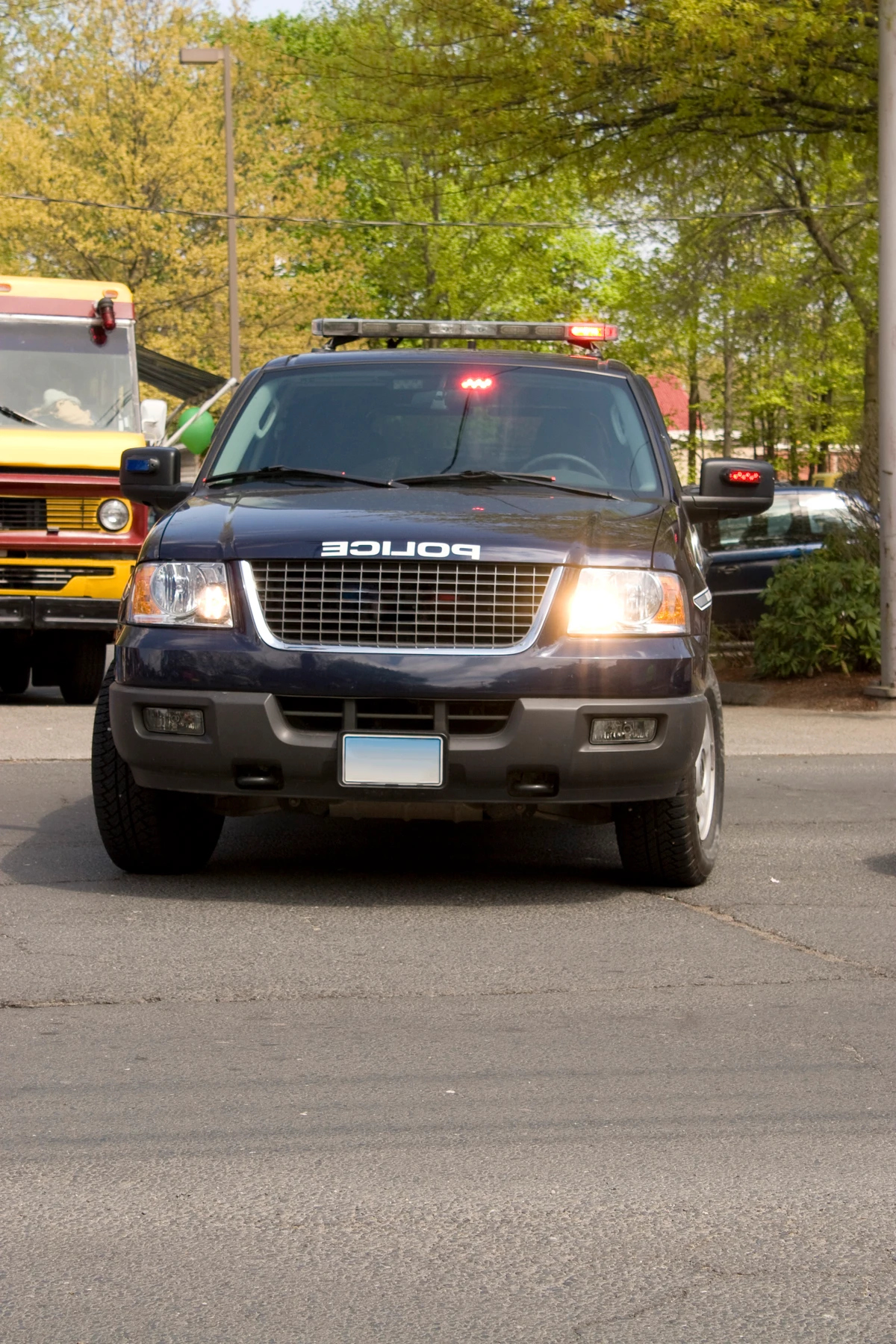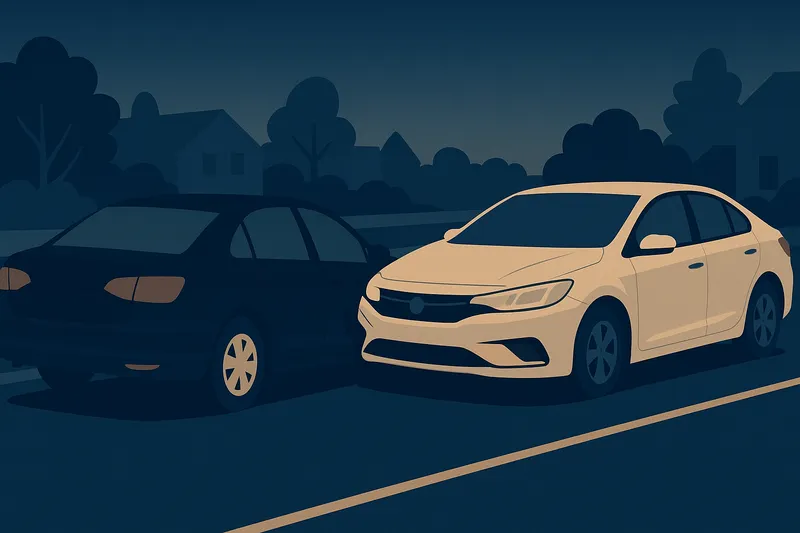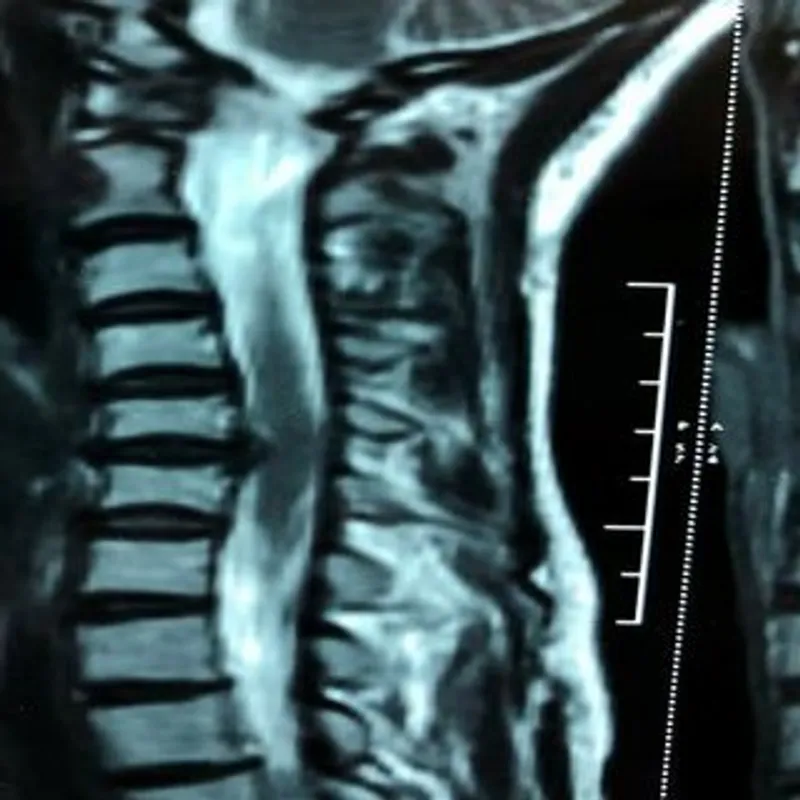Do You Need a Police Report to File a Car Insurance Claim in Georgia?

Published: 3/23/2025
Getting into a car accident is stressful, and you might wonder if you must have a police report to file an insurance claim in Georgia. The short answer is that it is not always required – but police reports play a crucial role in the insurance claims process and are sometimes legally required. Below, we’ll explain how police reports factor into car insurance claims, Georgia’s laws on reporting accidents, and what it means for different types of coverage like liability insurance and uninsured/underinsured motorist (UM/UIM) insurance. We’ll also discuss when Georgia law mandates calling the police, how not having a report can affect your claim, and why having one is almost always a good idea.
The Role of Police Reports in Insurance Claims
Police accident reports are official records of a crash, created by the responding law enforcement officer. They document key details: the parties involved, vehicles and insurance information, the date/time/location, witness names, statements, and often the officer’s initial findings on how the crash happened. Insurers use these reports as third-party evidence about the accident. A report can help establish who was at fault and link any injuries or damage to the crash. Without this kind of documentation, pursuing a claim can become a “he-said, she-said” situation if drivers tell different stories about what happened. In short, a police report provides an independent account of the incident, which can greatly simplify the claims process.
It’s important to note that you can file an insurance claim even without a police report in many cases. There’s no general Georgia law that says a claim is invalid without one. However, not having a report means the insurance company will rely on other evidence (your statement, the other driver’s statement, photos, etc.) to determine what happened. This can make the process longer or more challenging. In fact, insurance adjusters often ask for the police report and may be hesitant to settle a claim without it. As we’ll see, for certain types of claims (especially hit-and-run accidents), a police report can actually be required by insurance rules or law.
When Georgia Law Requires a Police Report
Georgia law requires drivers to report certain accidents to the police. According to state law, you must notify law enforcement “by the quickest means of communication” if an accident results in any injury or death, or if there is property damage of $500 or more. In practical terms, this covers most crashes beyond very minor fender-benders. Since it’s hard to accurately estimate damage costs on the spot (even a bumper scratch can cost more than $500), it’s safest to call the police for all but the tiniest incidents. Georgia encourages drivers to call 911 immediately after any crash, and failing to report an accident that meets the criteria is actually a misdemeanor offense. You could face fines or other penalties for not reporting a qualifying accident, not to mention potential license consequences.
Situations when you are legally required to call the police in Georgia include:
-
Injuries or fatalities: Any accident where someone is injured or killed must be reported.
-
Significant property damage: If it appears there is $500 or more in damage (which is common in collisions), you should report it.
-
Within city limits requiring a report: Some municipalities may require reporting any accident that occurs in their jurisdiction.
-
When your insurance policy requires it: Many insurance companies stipulate in your policy that you should notify police for any accident above a minor threshold.
If none of these conditions apply – for example, a very minor parking lot tap with no injuries and trivial damage – you technically aren’t required by law to get a police report. However, as we’ll explain, it’s usually wise to call the police anyway.
Police Reports and Uninsured/Underinsured Motorist (UM/UIM) Claims
Uninsured/Underinsured Motorist coverage is a part of your own insurance policy that protects you if you’re in an accident caused by a driver who has no insurance, not enough insurance, or flees the scene. In Georgia, UM coverage is optional but highly recommended, given the number of uninsured drivers. When it comes to UM/UIM claims, police reports are often critical, and sometimes absolutely required, to receive benefits.
Many times, your insurance contract may have a requirement that you attempt request a police report in order to make a UM claim. Here are some common scenarios:
-
Hit-and-run accidents (unknown driver): If you are the victim of a hit-and-run (the other driver left and you can’t identify them), Georgia law makes a police report effectively mandatory for a UM claim. State law requires that you report the accident to police as soon as possible if the at-fault driver is unknown. In fact, Georgia’s uninsured motorist statute says you must report the accident “as required by” Georgia’s accident reporting law in order to make an uninsured motorist claim. If you fail to promptly notify police after a hit-and-run, your insurance company can deny your UM claim on that basis. This rule is meant to prevent fraud. Georgia courts have enforced it strictly – even a delay of a few days in reporting a hit-and-run has been enough for insurers to lawfully deny coverage. The takeaway: if you’re in a hit-and-run, always call 911 immediately.
-
Uninsured driver (identified at scene): Suppose the other driver stays but admits they don’t have insurance (or you suspect it). This often still counts as an accident that should be reported, because lack of insurance aside, the collision likely caused enough damage or injury to meet the legal reporting threshold. From an insurance standpoint, you will be filing a UM claim with your own insurer. Having a police report in this scenario is very important. The police report will note the other driver’s information and potentially document that they could not provide proof of insurance. This helps your insurer confirm that the other motorist was truly uninsured.
-
Underinsured driver: This is when the at-fault driver has some insurance, but not enough to cover all your damages. For instance, they carry minimum liability limits that are exhausted, and you use your UIM coverage to cover the rest. In these cases, a police report is usually already in the picture. Your insurance company will use the report to determine fault and to coordinate with the other driver’s insurer.
If you experience any of these situations, it’s best to call the police and obtain a report if possible. It will make your life easier when dealing with insurance claims and may be required by your insurance company.
How Not Having a Police Report May Affect Your Claim
Unfortunely, people will sometime lie about what happened in an accident. Without a police report, it can become a “he-said, she-said” situation where it’s your word against the other driver’s. We have even seen situtations where the at fault party denies being involved in the accident at all after an insurance claim is filed.
-
Legal consequences: First, if the accident was serious enough that the law required reporting (injury or apparent $500+ damage) and you chose not to call the police, you have technically broken the law.
-
Potential for claim denial: In certain cases (like uninsured motorist claims after a hit-and-run), not having a police report can lead to an outright denial of coverage. Even outside of UM claims, an insurance company (yours or the other driver’s) might use the absence of a report as a reason to be skeptical.
-
Extra burden of proof on you: Without a police report, the responsibility falls entirely on you to gather and present evidence.
Conclusion
Georgia law doesn’t always require a police report to file a car insurance claim, but in practice a report is extremely valuable for protecting your rights and easing the claims process. Legally, you must call the police for accidents involving injury, death, or significant damage, and failing to do so can even jeopardize an uninsured motorist claim. Even when not explicitly mandated, having a police report offers benefits far beyond the hassle of making a 911 call and waiting for an officer. It provides an unbiased record, helps prove fault and losses, and gives insurance companies the information they need to handle your claim fairly and promptly.
Related Articles





